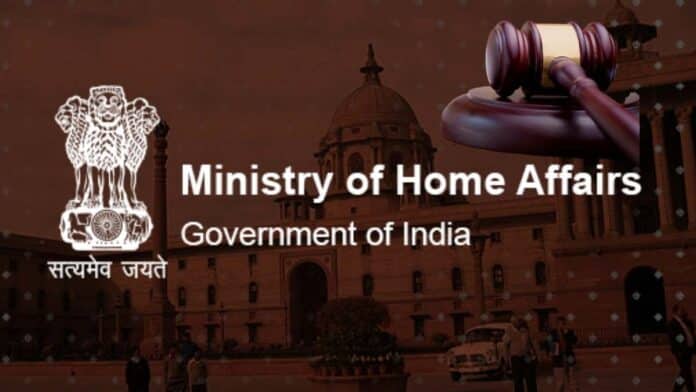In a significant policy update, the Ministry of Home Affairs (MHA) has issued a notification amending the Foreign Contribution (Regulation) Act (FCRA) rules, introducing stricter compliance norms for non-governmental organisations (NGOs), particularly those engaged in publication-related activities and seeking foreign funding.
According to the revised guidelines, NGOs that receive foreign contributions and are involved in any kind of publication activity—including publishing newsletters—will not be permitted to publish any news content unless they obtain a certificate from the Registrar of Newspapers for India (RNI) confirming that the publication is “Not a Newspaper.” This certificate has now been made mandatory for all such organisations as a condition for FCRA registration or renewal.
New FCRA Compliance Requirements
The MHA has clarified that NGOs applying for FCRA registration must now submit a series of new documents and undertakings, including:
- A certificate from the RNI confirming that the NGO’s publication does not constitute news content.
- An undertaking from the NGO’s chief functionary affirming compliance with the FCRA, 2010, especially if the organisation is involved in publication-related activities or has such activities stated in its Memorandum of Association or trust deed.
- Financial statements and audit reports for the last three financial years, including:
- Statement of assets and liabilities
- Receipt and payment accounts
- Income and expenditure accounts
- Statement of assets and liabilities
Where the audit reports do not include activity-wise expenditure, a certificate from a chartered accountant detailing the same—reconciled with financial statements—must be provided.
Additional Declarations for Funding and Utilisation
The Centre has also imposed fresh conditions on the documentation required at the time of seeking foreign contributions:
- A commitment letter from the foreign donor, with the donation amount matching the project proposal.
- A detailed project report with a comprehensive breakup of proposed expenses.
- A declaration that administrative expenses will not exceed 20% of the total foreign contribution.
In addition, associations that were previously registered under the FCRA must now submit an affidavit regarding the receipt and utilisation of foreign funds after the expiry or cancellation of their FCRA certificate.
If the total expenditure on the organisation’s stated aims and objectives was less than ₹15 lakh over the past three years, an affidavit must also be filed detailing the inclusion of capital investments in that period.
Alignment with FATF Guidelines
The government has further mandated that all NGOs must submit an undertaking to adhere to the Financial Action Task Force (FATF) Good Practice Guidelines. The FATF is a global watchdog that combats terror financing and money laundering.
Purpose-Specific Funding Only
Reiterating the fundamental requirement under the FCRA, the MHA emphasized that foreign contributions must be used strictly for the purposes for which they are received. Furthermore, any association seeking to obtain foreign funding must have a “definite cultural, economic, educational, religious, or social programme.”
Crucially, the Centre reiterated that no NGO may receive or utilise foreign funds without prior approval or registration under the FCRA.




